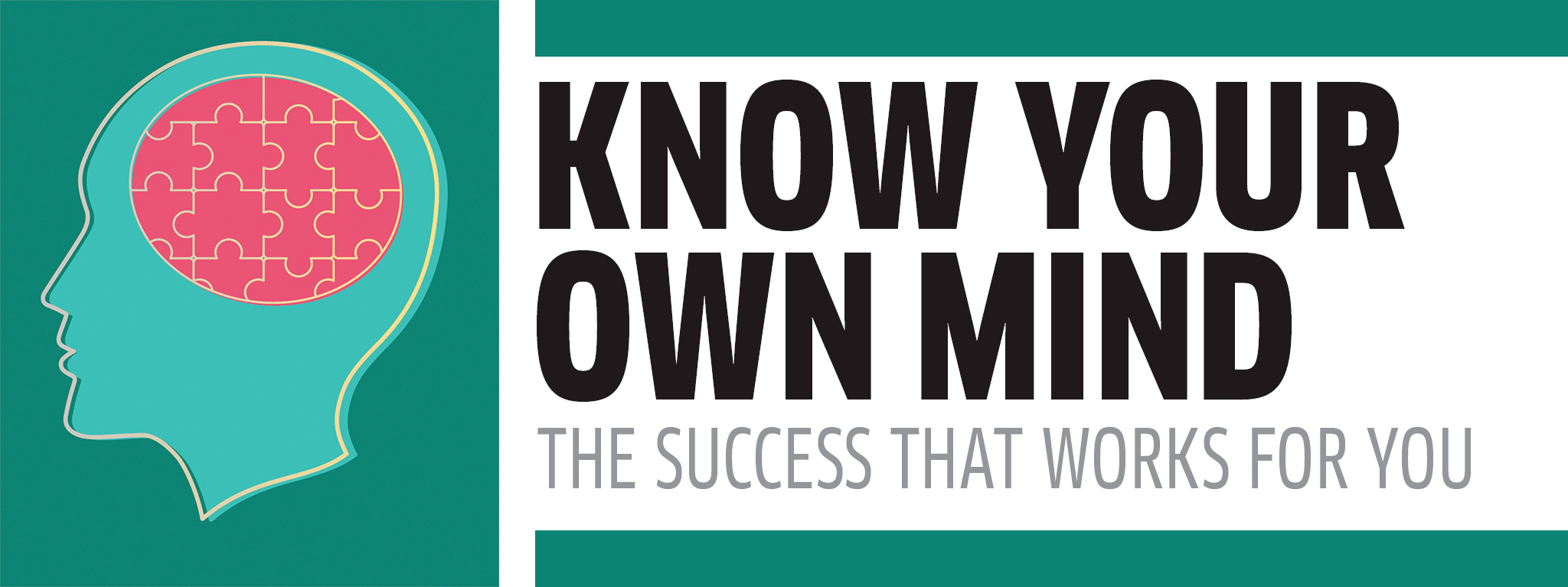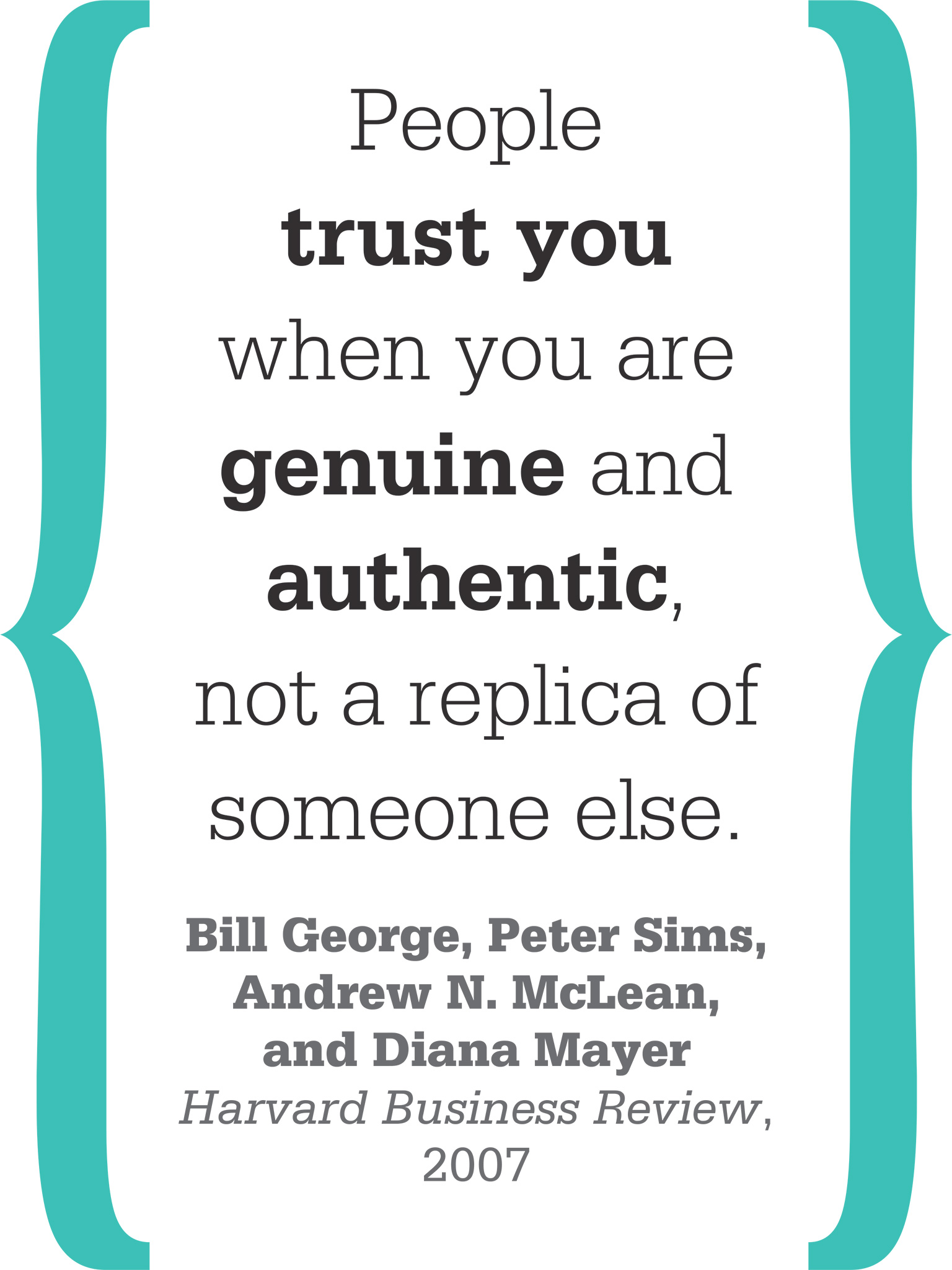
We may define success as achieving what we want or need, but does that one size really fit all? People want different things and, when considering your goals, it’s also useful to consider your personal psychology.
We’re all individuals, and your idea of success is probably different from your next-door neighbor’s. Having an insight into your own personality can be helpful when planning what will work for you. When 75 advisory council members of Stanford Graduate School of Business were asked what was the most valuable quality for people to cultivate, their answer was, almost unanimously, self-awareness.
Five classic personality traits
Psychologists have a host of different theories about how to measure and classify personality dimensions, but most of them agree that the Big Five personality traits framework explains many aspects of our personality and behaviors. Research on this model began in 1949, and it has been expanded on many times since; one study found that these five traits applied to more than 50 cultures. With so much research behind it, there’s some good evidence that this is a useful way of thinking about ourselves.
What are the Big Five? The broad categories are as follow:
1 Extroversion/introversion. Do you feel energized by social situations, or drained by them? Do you need quiet time to think through ideas and regain energy? Neither attitude is “better”—the issue is simply how to find ways of working that feel comfortable for you.
2 Agreeableness. Are you altruistic and affectionate, or contrary and cynical? Agreeable people tend to function well in cooperative situations; less agreeable people may thrive in a more competitive environment.
3 Conscientiousness. Are you organized, detail-focused, and goal-directed? This is more manageable for some people than others. Of course, if you want to succeed you’ll need a degree of conscientiousness, so even if you’re not that strong in this area, it’s something to work on.
4 Neuroticism. In this context, a “neurotic” person is someone who is easily upset, whereas a low “neuroticism” score suggests you’re more resilient. Consider how much stress you can comfortably sustain and remember you can build your resilience and ability to manage your stress more effectively.
5 Openness. The more open someone is, the more willing they are to have adventures, expose themselves to new ideas, and find creative solutions. Less open people are more traditional, and may find abstract thinking challenging.

Motivational needs
How do you think and what do you want? Psychologist David McClelland proposes three primary needs that success seekers are trying to satisfy; which of the following resonates most strongly with your sense of yourself?

 are you motivated by Achievement?
are you motivated by Achievement?
If you’re reading this eBook, the odds are that achievement motivates you. David McClelland identifies several key traits of such people:
- They care more about achievement than material rewards. Money only matters as a measure of success.
- Status and security aren’t very important to them.
- They constantly look for ways to do things better.
- They look for jobs that allow them flexibility and the opportunity to set their own goals.
- They want feedback, not praise. The emotional reward comes from doing the task correctly, so they need to hear accurate assessments.
- They set realistic goals, following their interests and abilities, and thrive on a sense of accomplishment.
